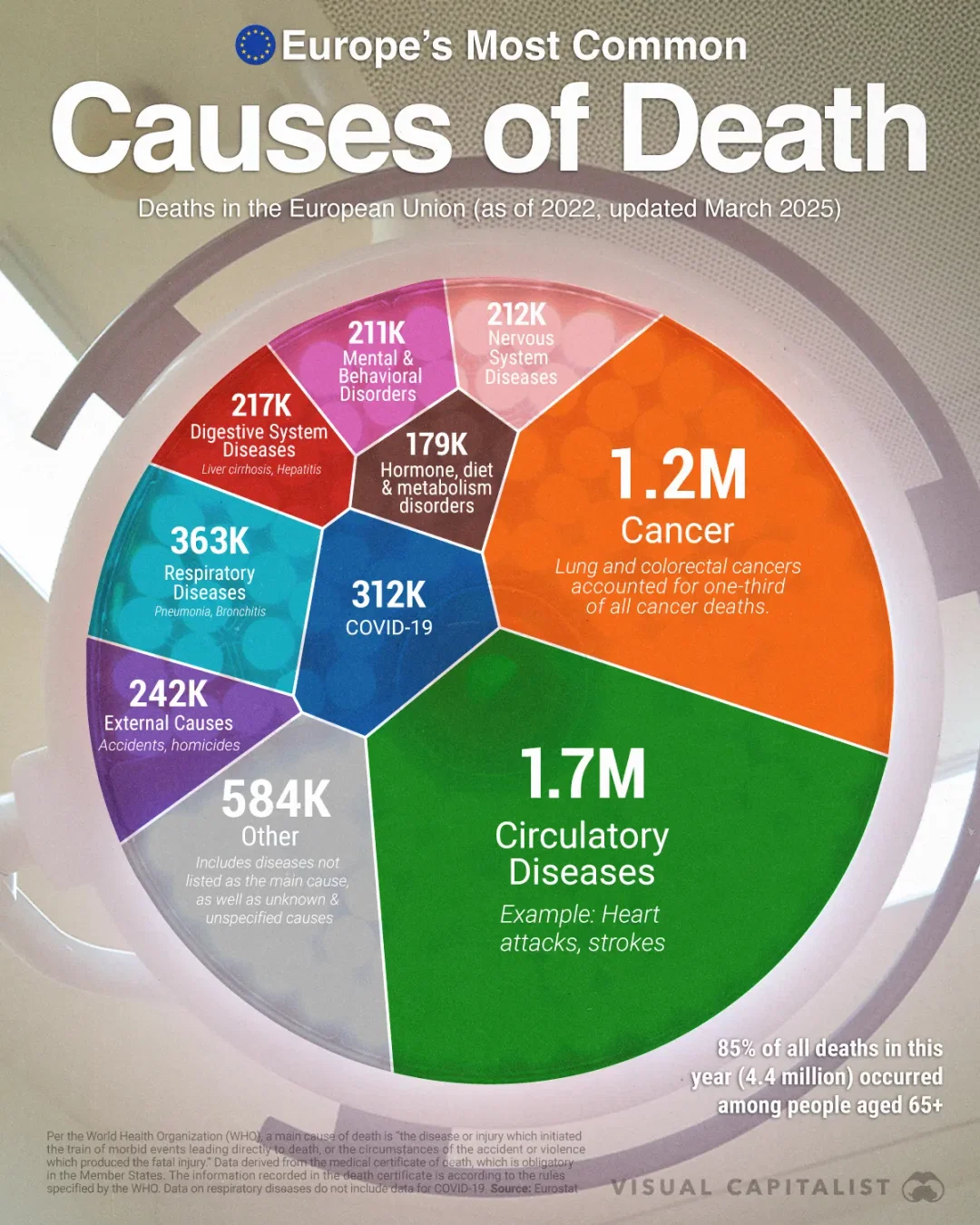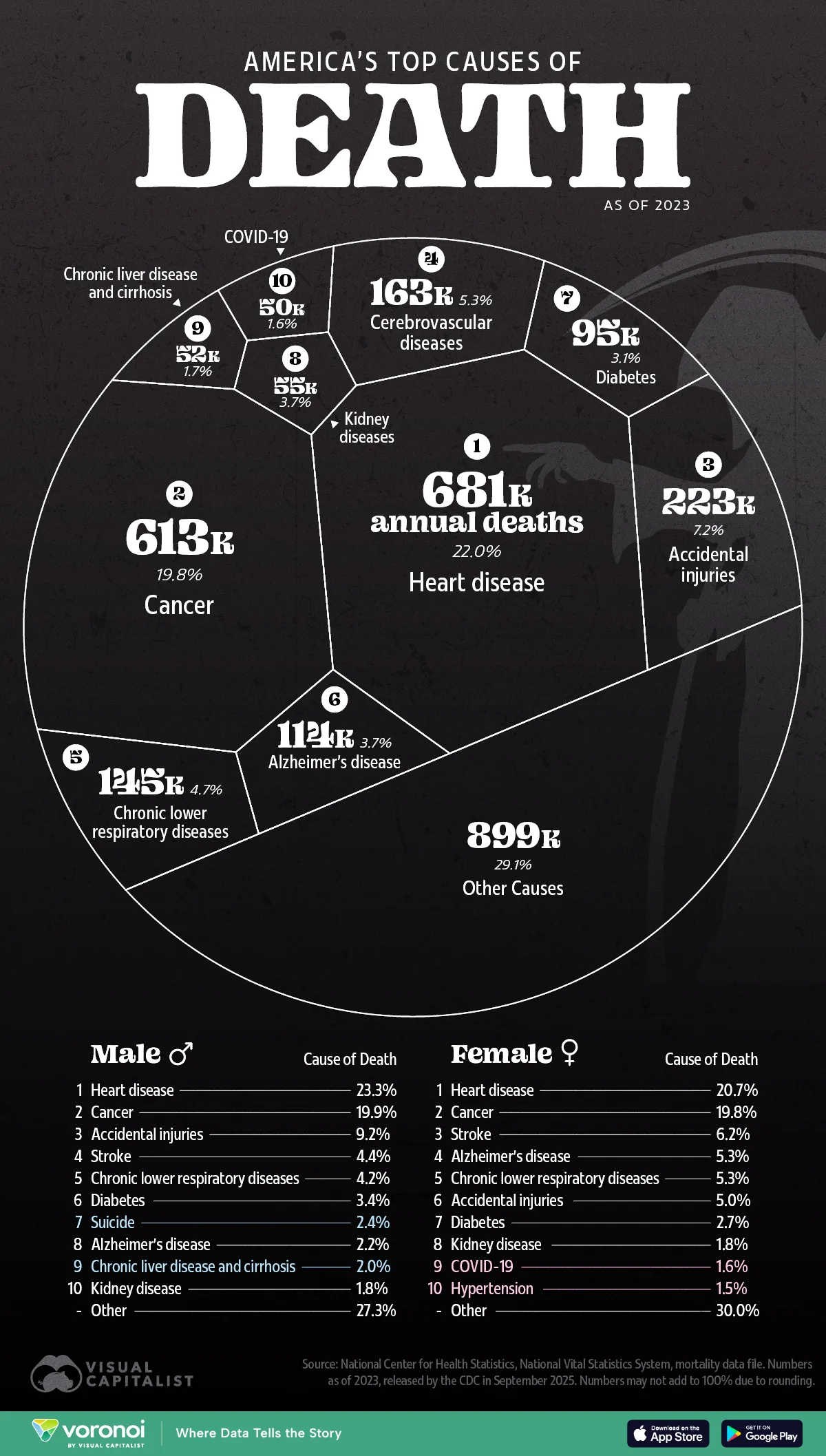Problem is, ChatGPT will tell you a bunch of bullshit to keep you happy depending on the prompt you give it. It is sycophantic and wants to please you, instead of pushing back if you raised a bad theory or proposition. You need to take a much more adverserial approach if it gives you an answer like this.
So my question is: is it actually a base truth that we are getting dumber, or is that simply based on your observation? I ask because every single generation has said the younger ones are worse. (https://www.washingtonpost.com/politics/2024/04/29/history-generations-disagreements/) If you’ve been teaching high school since 1989, then you’re officially an old fart now (sorry) and you’ve reached the “get off my lawn” stage when you can start complaining about younger generations!! 
So I asked ChatGPT Pro ($200/month version) to draw up an unbiased assessment. After some research, there are some conclusions:
-
20th century: IQ test performance rose dramatically across much of the world (the “Flynn effect”). Meta‑analyses put the typical gain around +2–3 IQ points per decade.
That’s pretty amazing. As a species globally we’ve benefited from good nutrition, global peace and prosperity, eradication of a ton of childhood disorders, and an education system which has generally been improving. That has lead to decades of steady increases, which is an incredible achievement. By reducing child poverty, malnutrition etc, we allow people to reach their full potential.
-
Globally: IQ gains still appear in many lower‑ and middle‑income countries; the worldwide picture is mixed”
However, there is indeed some truth to declines in wealthy countries:
-
Since the 1990s–2010s: Several high‑income countries show plateaus or decline in cognitive test scores and in large-scale school achievement tests (e.g., PISA, NAEP). These reversals are **not well explained by genetics; the best causal evidence points to **environmental factors.
-
-
OECD PISA 2022 reported an unprecedented drop across OECD countries vs. 2018: ~−15 points in math and −10 in reading on average (roughly three‑quarters of a school year).
Massively disrupting school during the pandemic caused a lot of damage, but some of the changes did pre-date the pandemic.
When looking at chemicals specifically, it seems that the evidence is not very strong for most of them. While some those chemicals have definitely been linked to low IQs - particularly if exposed in utero, the exposures don’t really correlate with changes in test performance.
- The most solid evidence is for lead, methylmercury, certain organophosphate (OP) pesticides, and legacy flame retardants (PBDEs). Effect sizes in prospective cohorts are on the order of a few IQ points per typical exposure contrast.
However:
The sharpest drops in lead, PBDEs, and Mercury came before the test-score declines seen in the late 2010s–2020s. If anything, those exposure trends would tend to raise average performance, not lower it.
I would ask: why take the leap to assume it’s chemicals? It’s a convenient simple answer, but “environmental factors” can mean a lot of things. We have electronic devices distracting people to a greater extent, and distraction is massively detrimental to learning. Teenagers spend 5-8 hours per day on screens and they are sleeping worse than ever before. It also means they are less physically active, and spend less time reading. Childhood obesity is higher than ever before. All of those are going to negatively affect educational outcomes.
I would also venture that parents are busier and probably spend less time with their children, (and the parents are probably also addicted to electronic devices!) I’ve read anecdotes of elementary school teachers saying more kids lacking basic life skills, can’t put on their own shoes, some still wearing nappies/diapers. Those are failures of parenting.
I asked my ChatGPT to rank the most likely causes of drops in test performance, based on which have the strongest evidence. I’ve summarised the findings it came up with:
- Lost instructional time. Chronic absence from school
- Heat exposure, including lack of AC in schools. Massive negative influence on learning apparently
- Air pollution. Indoor air quality affects cognition and learning outcomes
- Digital distractions and attempted multitasking
- Poor sleep schedules in children, particularly adolescents
- Parental engagement
- Noise pollution (this one surprised me)
- Reading for pleasure has almost disappeared in children
- Poorer early-childhood education (pre-schools etc). Economic/time issues
- Economic stress, housing insecurity, food insecurity
- Lower physical activity
- Teacher quality, teacher shortages, teacher passion
Plenty of reasons other than chemicals IMO

